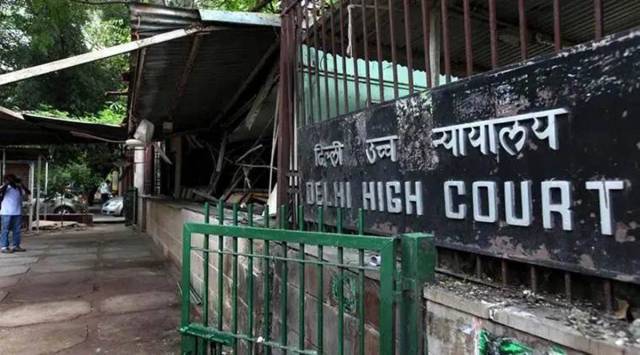Personal information which has no public interest cannot be disclosed under RTI: Delhi HC
The court said so while dismissing an appeal regarding an RTI request seeking information about appointments made for multi-tasking staff of the Presidential Estate, Rashtrapati Bhavan. The applicant was seeking the residential address and father’s name of the selected candidates.
 Senior Advocate Sanjoy Ghose represented the petitioners in the case filed through advocate Kartik Yadav.
Senior Advocate Sanjoy Ghose represented the petitioners in the case filed through advocate Kartik Yadav.The Delhi High Court on Monday said that the disclosure of personal information, which has no relation to any public activity or interest and revelation of which can cause “unwarranted invasion” into the privacy of an individual, cannot be disclosed under the Right to Information (RTI) Act.
The court said so while dismissing an appeal regarding an RTI request seeking information about appointments made for multi-tasking staff of the Presidential Estate, Rashtrapati Bhavan. The applicant was seeking the residential address and father’s name of the selected candidates.
The division bench of Chief Justice D N Patel and Justice Jyoti Singh said that the right to get information is subject to certain provisions of the RTI Act. “Section 8 (of RTI Act) has categorically mentioned that personal information cannot be supplied … which has no relation to any public activity,” said the court.
The court said that the personal information of the candidates has no relationship to any public activity or interest. “The release of this information will cause an unwarranted invasion of the privacy of the individuals. No larger public interest justifies the disclosure of residential addresses of the selected candidates as well as their fathers’ names,” said the division bench.
 Justice Prathiba Singh, while dismissing the writ petition filed by the RTI applicant on January 12, had opined that disclosure of interest regarding the “personal information” being sought under the RTI law would be necessary to establish the bonafides of an applicant.
Justice Prathiba Singh, while dismissing the writ petition filed by the RTI applicant on January 12, had opined that disclosure of interest regarding the “personal information” being sought under the RTI law would be necessary to establish the bonafides of an applicant.
While dismissing the petition, the single-bench had also imposed a cost of Rs 25,000 on the petitioner for concealing the fact that his daughter had also applied for the post. It said that the fact does not find mention in the petition and further noted that perusal of the writ petition also shows that the petitioner himself was earlier working in the Presidential Estate on an ad-hoc basis, from 2012 to 2017.
The RTI applicant had filed an appeal against the judgement passed by Justice Singh. The division bench on Monday said that it was in “full agreement” with the reasons given by the single judge.
The applicant had earlier sought information about the residential address and father’s name of selected candidates and it was denied to him on the ground of it being personal information. He had however been provided other information sought by him.







